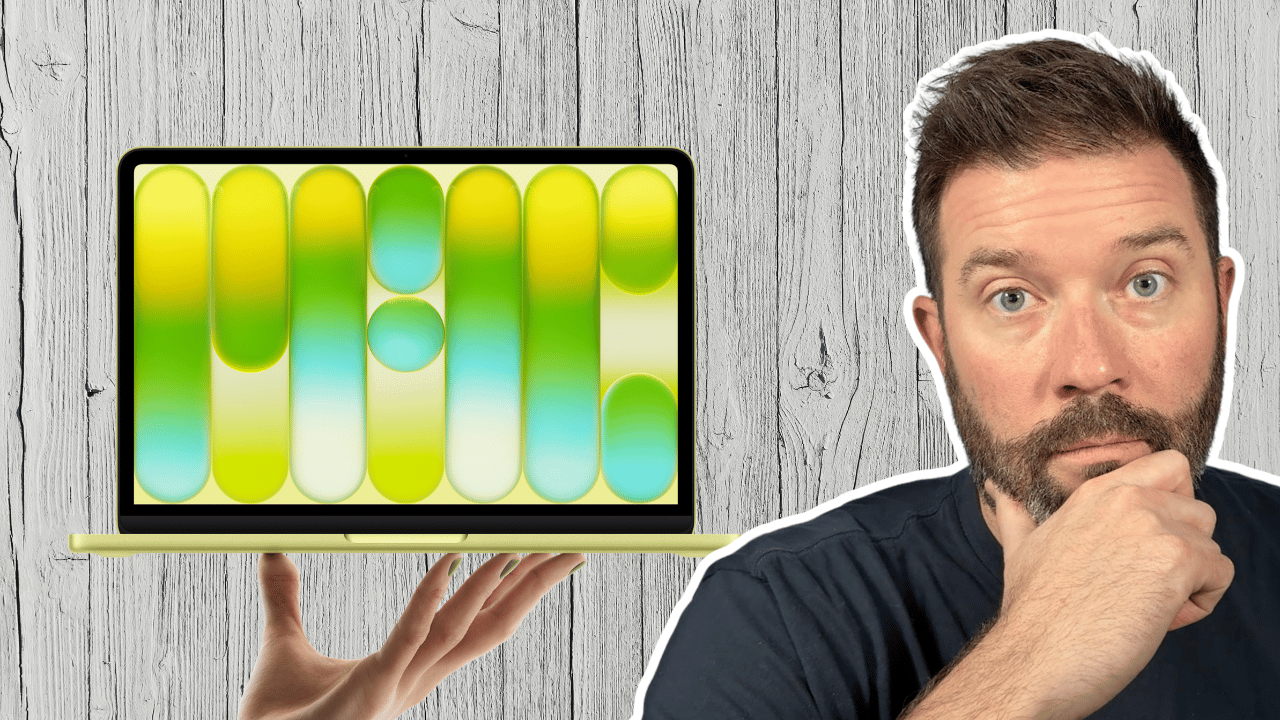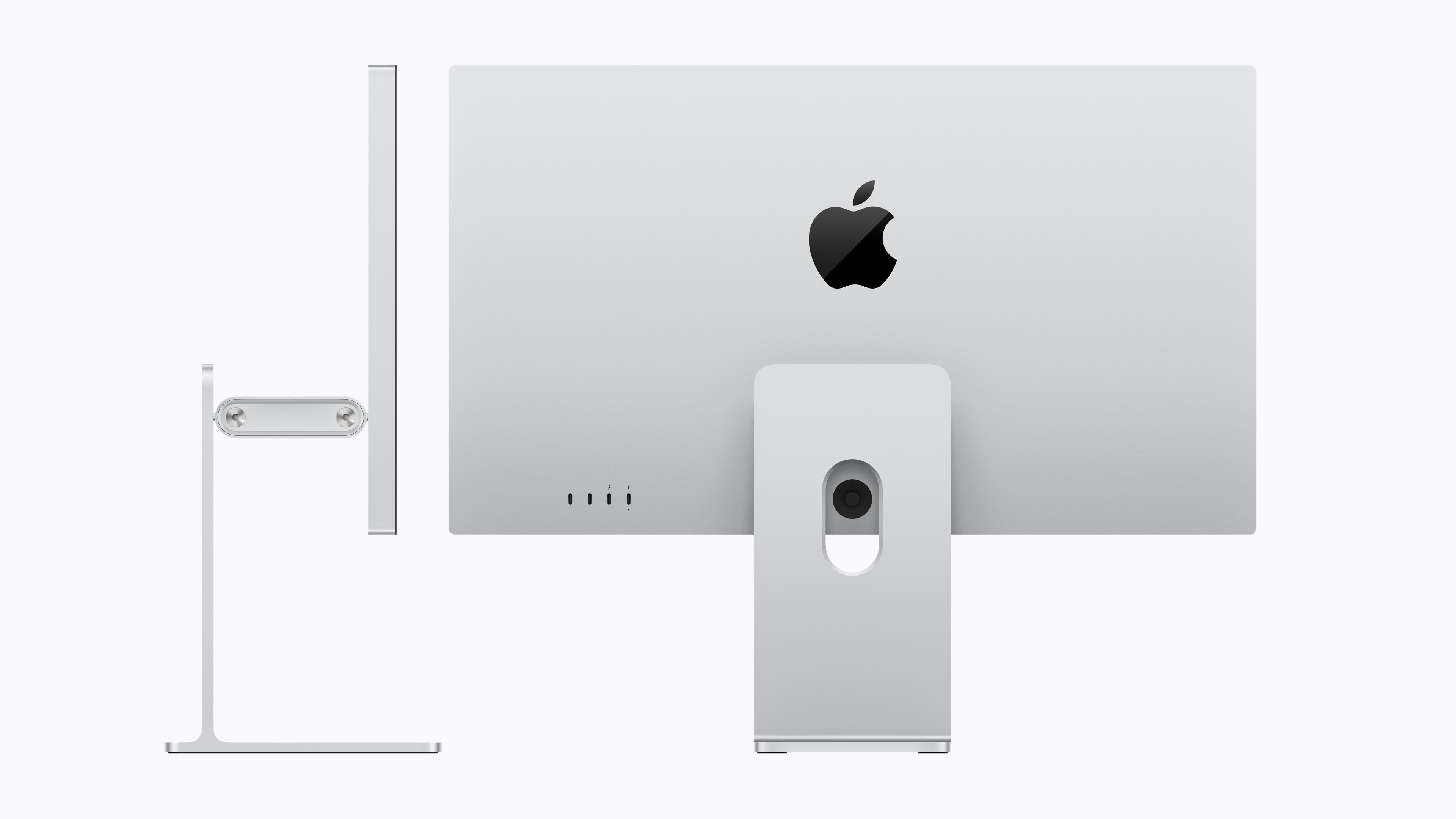When a stock goes up more than 10% the week after reporting earnings, we have a tendency to ignore the company's issues. As a loyal Apple (AAPL 1.35%) consumer and shareholder, I'm worried that it is missing opportunities. In particular, there are three lessons Apple needs to learn.
It's a good thing Apple sells older iPhones
The first lesson Apple must learn is, customers are telling Apple that its iPhone 5s is priced too high. Apple is criticized for not having a "cheaper iPhone" and when the iPhone 5c was introduced, the non-contract price of about $599 was seen as not cheap enough.
With increased competition from Google's (GOOG 1.45%) Android army of manufacturers, and Microsoft (MSFT +1.08%) now in control of Nokia's handset division, Apple can't stand still. According to Gartner research, total worldwide mobile phone sales are expected to increase just 3% in 2014. While it's true that smartphone growth will continue to outpace the overall market, the iPhone is still one of the more expensive off-contract devices a consumer can buy.
The significant difference between Apple and Microsoft or Google is, while the latter get the majority of their revenue from sales other than hardware, Apple is at its core a hardware company.
The reason this is such a key point is, Apple's iPhone unit sales increased by 17%, and revenue increased by 14%. While this was seen as a big win, the average revenue Apple generated per unit dropped from $637 last year to $596 this year. This tells us that consumers chose to go with something other than the company's top of the line phone or average selling prices would have been higher.
Priced out of its market
The second lesson that Apple needs to learn is the price of the iPad Mini Retina is too high. The company can't hope to compete against lower priced Android and (some) Windows tablets at its current pricing.
Gartner expects global tablet growth of 29% during 2014, yet Apple delivered an annual decline in iPad units of 16%. What is really interesting is the average price per unit increased from $440 last year to $465 in the current quarter.
The takeaway here is, Apple priced the Mini Retina out of its market, and consumers are choosing either the full-sized iPad Air or they are getting another type of tablet. The original Mini for $329 could compete with smaller tablets because of the Apple experience. By increasing the price more than 20% to add the Retina display, Apple made it too expensive.
Instead of spending $399 on an iPad Mini Retina, consumers might choose the Google Nexus 7 for just $229 (42% cheaper) or if they want a Windows experience, the Dell Venue 8 Pro for $299, that's 25% cheaper. In the past, choosing a cheaper Android or Windows tablet meant sacrificing screen quality or battery life, but not anymore.
To be blunt, if Apple hopes to regain sales momentum in the iPad business, the price of the Mini must be cut to a more competitive level.
Promises, promises, promises
While Apple's current quarter results will likely be enough to maintain the stock's momentum in the short-term, over time, the same worry will creep back in. The third lesson Apple needs to learn is, it must spend more on R&D to find its next big hit.
Tim Cook is beginning to sound like a broken record. In 2012 he said, "we remain very confident in our new product pipeline." By the middle of 2013, he said Apple would have, "amazing new products that we will introduce in the fall." In the current quarter, he said, "We're eagerly looking forward to introducing more new products and services that only Apple could bring to market."
The truth is, during the first two statements the market had just gotten a look at the iPhone 4S, and the "amazing new products" for the fall were the iPhone 5S and 5C. While each of these products were well received, to call them "amazing" is a bit of a stretch. Apple routinely spends just 3% of its revenue on R&D, whereas Microsoft and Google both spend over 13%. This gap in R&D spending calls into question Apple's ability to find the "next big thing."
Cook and the gang need a revolutionary new product in 2014 if the stock hopes to keep its current momentum. The iPhone is doing well, but the iPad's troubles are a huge blow to the company. Without a new hit, the recent run-up in the stock price may be short lived.





